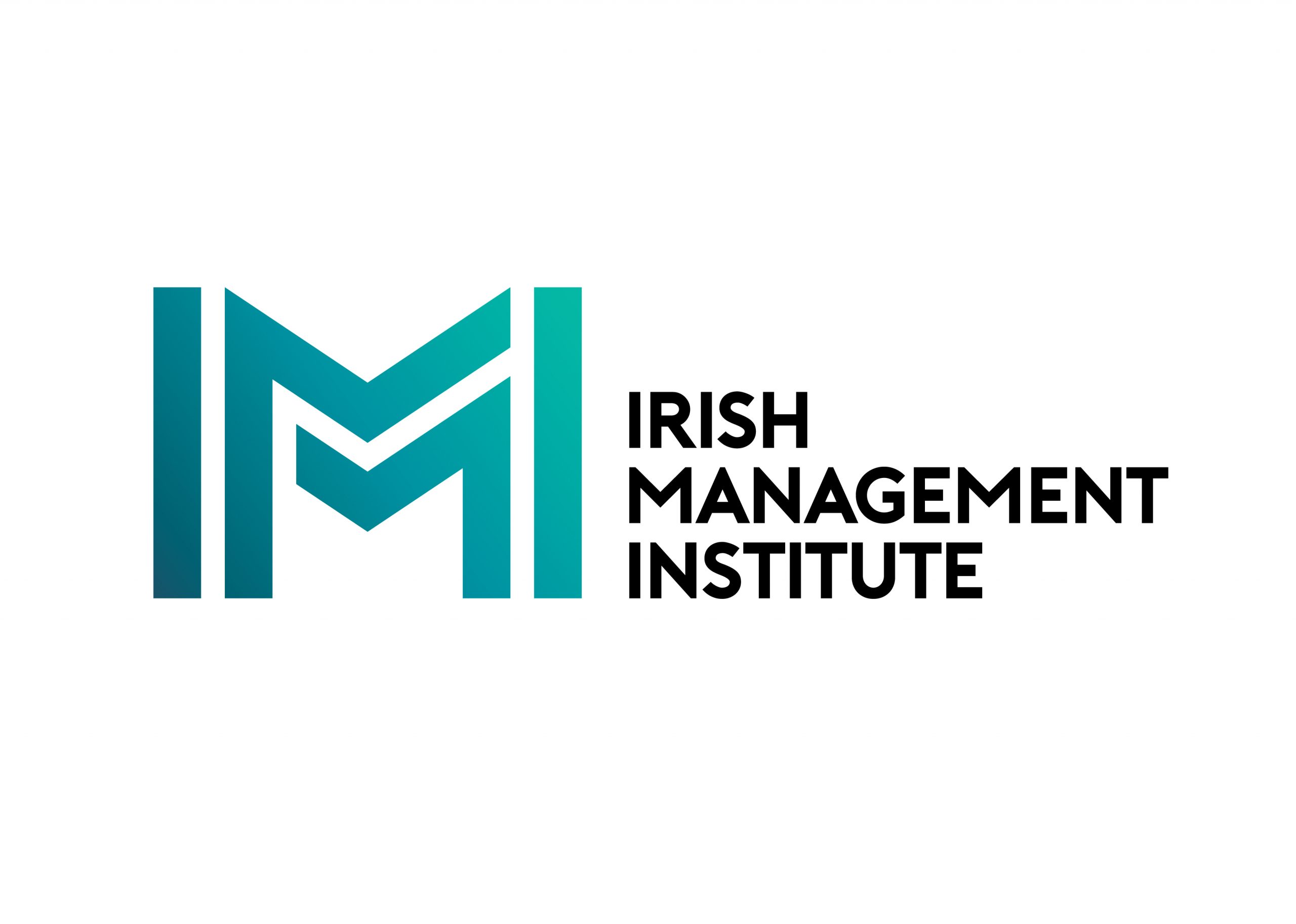Related Articles
The IMI Participant Experience
The IMI participant experience is designed to be a truly interactive one, which offers significant opportunities for networking, in addition to building new capabilities. There are a number of ways in which IMI supports you throughout your experience, so that you can get the most out of your Short Programme or Professional Diploma.
Entry Requirements
A candidate’s eligibility for each Professional Diploma or the Professional Master of Business Studies will be determined by a combination of their academic qualifications, for example a degree from a recognised third level institution, and/or relevant professional experience.
Programme Coordinator
As a participant on an IMI programme, you’ll have a dedicated Programme Coordinator, who will be able to assist you with queries in relation to your programme, or the IMI experience in general. Your programme coorindator will be in touch in advance of your start date, to provide you with key dates and other essential information, and to provide you with your pre-work.
Pre-Work
You might be asked to complete some “pre-work” in advance of starting your programme. This isn’t the case for all programmes, and if it’s necessary, your Programme Coordinator will get in touch and let you know. Pre-work usually includes reading specific texts, or watching introductory videos.
Canvas
Canvas is the name of the Virtual Learning Platform for your IMI programme. The platform will house your course content and materials, general programme information, as well as your assignments, feedback and grades. We will communicate with you via Canvas throughout your programme, and it is from Canvas that you will access the UCC library resources.
Facilitated Workshops
IMI Professional Diplomas are part-time, and based on the standard IMI model of “block release” or “Facilitated Workshop” of three days per month over the given period.
Your programme will have a “Classroom First” design, meaning that each Facilitated Workshop will be delivered at IMI Sandyford, and in addition you’ll be expected to spend time working on activities and assignments. It is expected that you will attend all dates for your programme. If, for any reason, you are unable to attend in person, you can get in touch with your Programme Coordinator to arrange alternative delivery options for you.
Short programmes take the form of a short burst of learning. You’ll come to the IMI campus for two or three days at a time, and your learning will be broken down into a number of sessions across these days.
Workshops typically run from 9am to 5pm, with breaks mid-morning, at lunchtime and mid-afternoon. The exact schedule depends on the workshop and faculty and will be communicated to you at your workshop.
Assignments
IMI programmes are not assessed via examinations. Instead, you’ll need to complete assignments if you’re taking part in a Diploma, or Micro-Credential.
You might need to undertake both individual and group work assignments, which will be specific to your particular programme. The programme may also require one or more presentations of your project in front of the programme teaching team.
The pass standard for each module is 40%, so you’ll need to ensure that you reach this mark in order to obtain your qualification.
Additional grades are broken down as follows:
First Class: an aggregate of 70% and above, or an aggregate of at least 68% with at least 20 of the credits attained with a mark of at least 70%.
Second Class Grade I: an aggregate of 60% and above, or an aggregate of at least 58%, with at least 20 of the credits attained with marks of 60% or above.
Second Class Grade II: an aggregate of 50% and above, or an aggregate of at least 48% with at least 20 of the credits attained with marks of 50% or above.
In addition to graded work, there will be opportunities to get qualitative feedback on your work from peers and the programme teaching team, throughout your programme.
The HIT Approach
IMI’s unique approach to learning, known as High Impact Transformation (HIT) has been designed to support you on your journey of change and growth. You’ll see this method applied throughout the learning experience, whether you’re taking part in a Professional Diploma or Short Programme.
Through a structured process, the HIT approach is put in place to positively challenge and open participants to potential new ways of thinking, behaving and developing new habits which will lead to impactful individual and organisational change. The HIT approach has been developed from sound academic theory and research based on Transformational Learning theory (Mezirow; 1996, 2000). Unlike other learning theories, Transformational Learning was developed specifically with the adult learner in mind.
UCC
All participants on IMI programmes which lead to awards by UCC (for example, Professional Diplomas) are fully registered UCC students with all the same rights and responsibilities as other UCC students registered on part-time postgraduate programmes.
Participants have access to a variety of supports:
- UCC IT Help Desk for IT issues relating to UCC services.
- Access to the electronic holdings of the UCC Library
- For those who wish to present in person to UCC, a student card
- Access to online supports such as https://www.ucc.ie/en/skillscentre/
Micro-Credentials
When you participate in selected IMI Short Programmes, you can elect to complete an assignment in order to have the programme accredited as a “micro-credential”. This means that you’ll be able to put credits from the programme towards an IMI Professional Diploma.
Depending on the programme, you might be provided with some pre-work to complete before your first day of facilitated workshops. This may take the form of readings, questionnaires, or videos.




